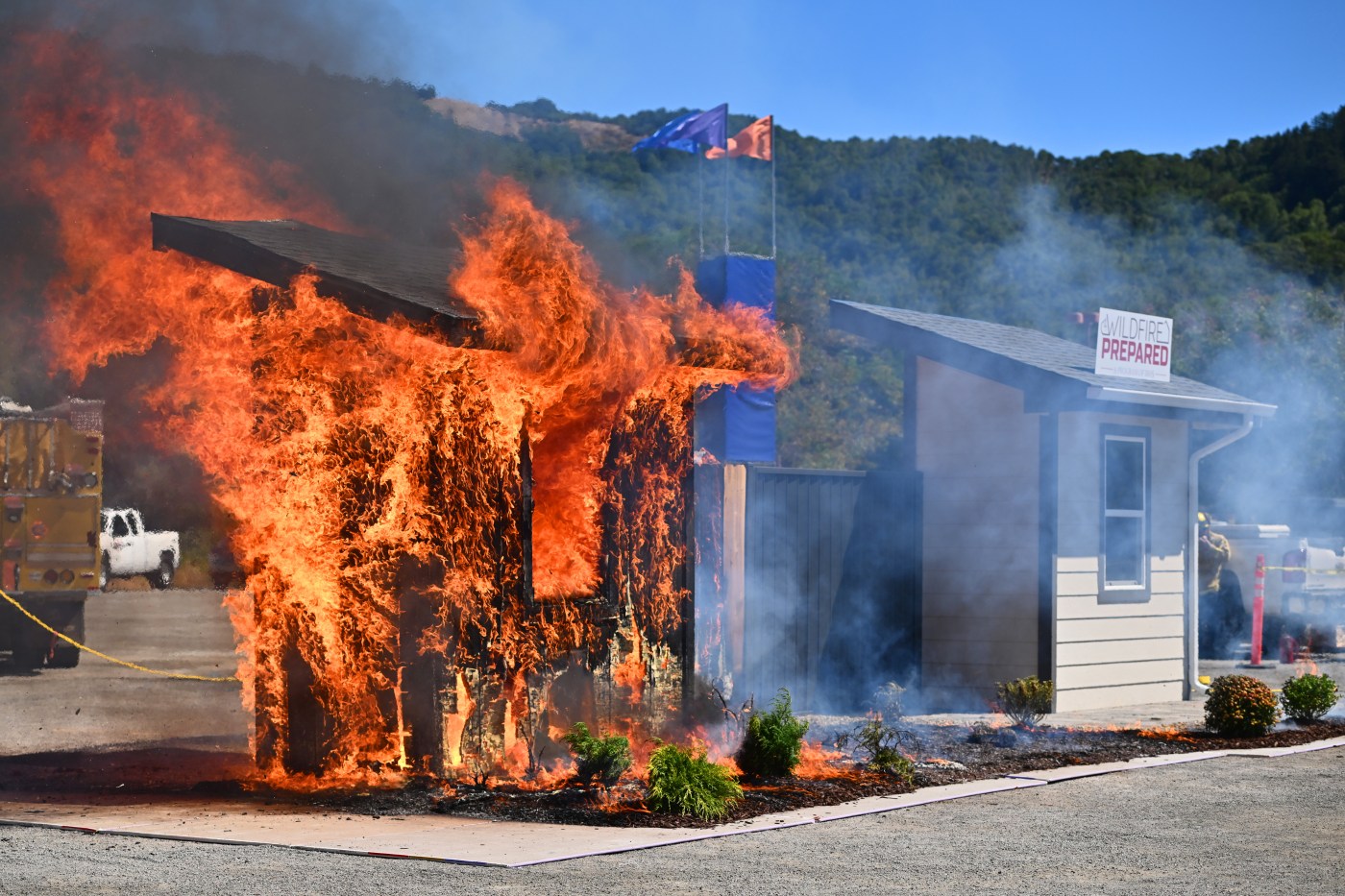State Farm is projecting that by 2028, the number of policies it issues in California will drop by 1 million, as the insurance giant grapples with financial distress and pulls back from the Golden State.
According to a filing submitted to the California Department of Insurance on Sept. 10, the insurer’s policies for property insurance, which includes homeowners insurance, could decline from 3.1 million at the end of 2023 to 2 million by the end of 2028.
Since May 2023, State Farm has not been writing any new homeowners policies in the state, as wildfire risk and increasing construction costs have led the company’s liabilities to balloon.
The drop noted in the filings includes both planned non-renewals, as well as natural attrition as policyholders decide to cancel or switch their insurance coverage.
Amy Bach, executive director of United Policyholders, an insurance consumer advocacy group, said that it’s possible that these projections could change and eventually have State Farm increasing the number of policies in the state, especially if the State Department of Insurance makes some of the reforms that it has proposed to the insurance market. These include speeding up the review process for insurers seeking rate hikes and allowing them to factor the projected costs of future wildfires and disasters into their rates. Currently, insurers can only price insurance based on historical models — which consumer watchdogs say keeps their models transparent.
“The insurance commissioner has said that in 2025, he expects the market to open back up and that we’ll see many more insurers willing to write more policies in the new year,” Bach said. “So we can see this as more bad news in 2024 and hope that 2025 will be better.”
State Farm is California’s biggest home insurer, insuring one in five homes across the state. This year, the company also told 72,000 policyholders it would not renew their coverage, starting in July.
State Farm did not respond to a request for comment on the projections, but did say that the non-renewals represent just over 2% of State Farm’s policy count in California.
Currently, the company is asking the California Department of Insurance to approve a plan to increase rates across the state by 30% — after already raising average homeowner rates by 20% in March — in order to protect the insurance company from insolvency.
The company might have fewer people canceling their policies if the proposed rate hikes doesn’t end up being as steep, said Carmen Balber, executive director of Consumer Watchdog, which has been closely following the insurance industry.
“That may change if we’re able to stand in the way of this huge rate hike,” she said.
Related Articles
Insurance cancellations banned for Southern California wildfires
Wildfire risk upends California’s marijuana heartland as insurance vanishes
Homeowners join consumer advocates in assailing California insurance reforms
Letters: Prop. 36 | Prop. 4 | Concord Council | Walnut Creek Council | Electoral College
Bay Area Allstate customers to face spiking home insurance premiums
Consumer Watchdog filed a petition to stop the rate hike, which they called a “$5.2 billion bailout by policyholders over the next four years.” That process is ongoing with no timeline for when it could be resolved.
State Farm is just one of many companies reducing coverage in California while increasing rates for the policyholders it keeps on its books. In August, state regulators signed off on Allstate’s bid to increase rates by an average of 34%, impacting 350,000 homeowners, including 70,000 in the Bay Area.
As insurers retreat from California, more people are relying on the state’s insurer of last resort, the FAIR Plan. The number of policyholders on the plan, which offers wildfire coverage to those who can’t get it elsewhere, jumped by more than 20% just last year to more than 350,000. The plan’s liability exposure has grown from $50 billion in 2018 to $336 billion as of February 2024, and administrators warn that just one bad wildfire could overwhelm the plan’s resources.












